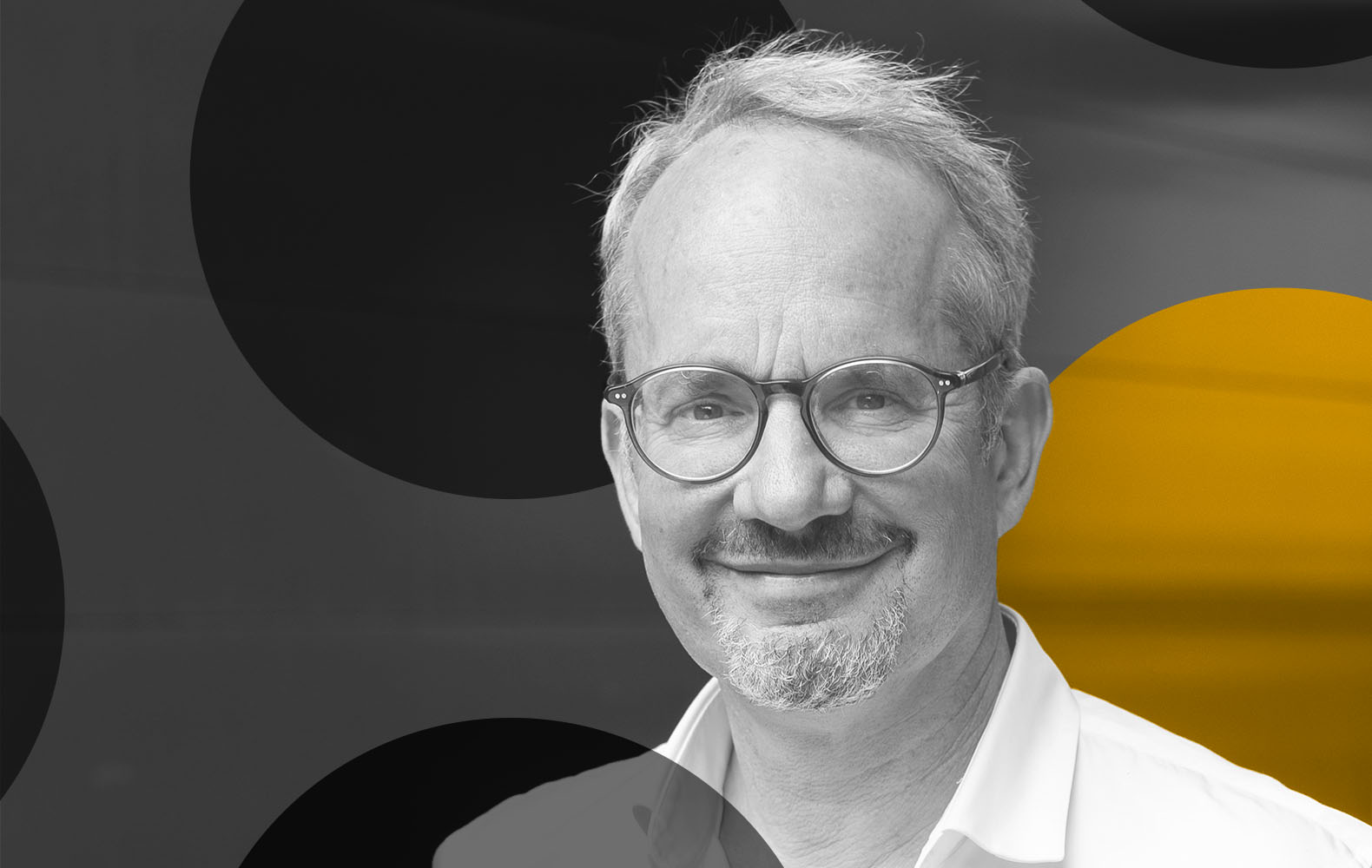Abena Amoah was elected to the EMBO Membership in 2024. She reflects on collaborations in global health research, her path into immunoepidemiology, as well as personal experiences and connections that influenced her along the way.
You began your scientific career in a US laboratory focusing on the neuroendocrinology of addiction. What prompted your shift to field research and parasitology in Ghana?
I’m Ghanaian but I had never lived in Ghana and wanted the opportunity at some point in my life. I worked for two years in addiction research at The Rockefeller University, but I always had an interest in infectious diseases as I grew up in Eswatini and Botswana in Southern Africa, the region worst hit by the HIV crisis.
I planned to stay in Ghana for only one year to get experience in infectious diseases research before graduate school. I went to the Noguchi Memorial Institute for Medical Research where I wished to work on HIV, or bacterial infections, but there was only an opening in parasitology. I worked on a fascinating project on the relationship between worm infections and allergies, and after an amazing year, I decided to go back to the US, pack up all my things and move to Ghana semi-permanently.
How has living and working in four countries on three continents influenced your approach to science, and how it is done?
Living and working in different environments (the US, Ghana, Malawi and the Netherlands) has made me very flexible and adaptable—though sometimes I am maybe a little too flexible! Fundamentally science is the same everywhere, but methodological approaches and thinking are influenced by cultural backgrounds. My cross-cultural movements helped me collaborate easily with others, understand various work styles, and take good practices from one region and apply them in another.
Please tell us about the HypoVax Global Knowledge Hub you lead.
I am at Leiden University Medical Centre, Netherlands, where I work with Maria Yazdanbakhsh. I oversee HypoVax Global, a research network focused on understanding variations in immune responses to vaccines in different populations worldwide. For example, you find good responses to the BCG, rotavirus and malaria vaccines in high income countries, and hyporesponsiveness in low and middle income countries (LMICs). Similarly, responses to the influenza virus and tetanus vaccines are better in urban than in rural populations living in LMICs. HypoVax Global explores factors underlying the differences, such as parasitic worm infections, diet, microbiome composition, environmental mycobacterial exposures or socioeconomical factors.
Diversity is really the essence of my research. HypoVax Global encourages teamwork between collaborators from Indonesia, Gabon, Uganda, Senegal, Tanzania, Germany, the Netherlands and the UK. It not only brings together immunologists, but also data scientists. We are passionate about getting the people who have collected the data involved in the analysis. Unfortunately, that is often lacking.
Has your work during the global COVID pandemic shaped your more recent research?
During the pandemic I was a co-investigator on a large serosurveillance survey investigating antibody responses to SARS-CoV-2 in urban and rural areas in Malawi. We did a lot of interdisciplinary work beyond the biomedical sciences, including with sociologists who analysed exposure and perceptions.
In our current work, we take into account the socioeconomics of vaccine responses. Some HypoVax Global collaborators have also been looking at vaccine hesitancy. Interdisciplinary approaches are important to understand the reasons for a certain seroprevalence or disease outcome.
What inspired you to work on non-communicable diseases as well?
My starting point was the hygiene hypothesis. It describes how a drop in exposure to infectious diseases corresponds to a rise in inflammatory conditions, such as inflammatory bowel disease, asthma and allergies, when living conditions become more hygienic. I am interested in the relationship between reduced microbial exposures and the rise in non-communicable diseases on the African continent: Are mass deworming and improved hygiene standards driving non-communicable diseases?
Is there anyone you admire, or have admired, deeply?
There are my parents, who are both deceased. I got to reflect on how they instilled the importance of education in us. They were both educators and really were inspiring.
My PhD supervisor Maria Yazdanbakhsh, who is also an EMBO Member, is an inspiration because of her approach to collaborative science and her passion. Her collaborative network is extremely strong. She really seeks equitable partnerships, listening to collaborators, seeing how things are done and learning together.
I also admired my two mentors in Ghana, Daniel Boakye and the late Michael Wilson, who introduced me to parasitology. They are and were very down to earth, passionate and driven, and always came up with amazing research ideas.
I worked with the late Mary Jeanne Kreek in the US. Her journey started in heroin addiction research in the 1960s in a completely male-dominated environment, and she became one of the pioneers of methadone treatment for opiate addiction which was very inspiring to me. She showed that one needs grit and determination to succeed.
In what ways do you hope the EMBO Membership will benefit you and your international research?
Being an EMBO Member is an honour, and a great opportunity to expand my European and international networks, and to meet new collaborators interested in immune variation. I would be very excited about facilitating links with the “Global South”. I also like the career development, training and mentoring opportunities offered by EMBO. I am very passionate about mentorship, and particularly mentoring women. I have started a mentorship programme for women in vaccine research and plan to share the EMBO opportunities with the mentees.



